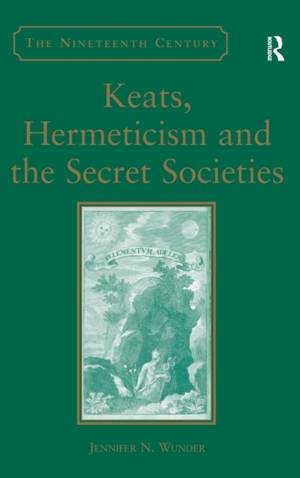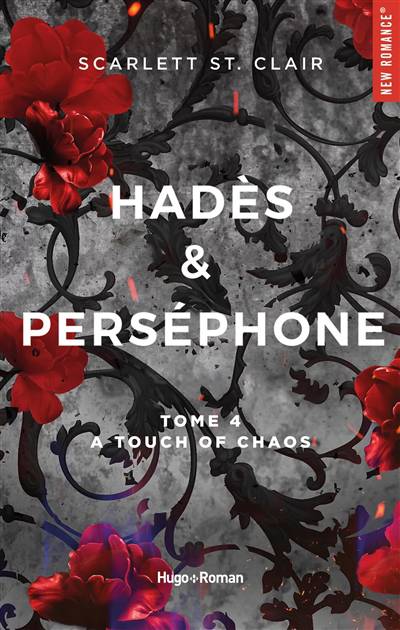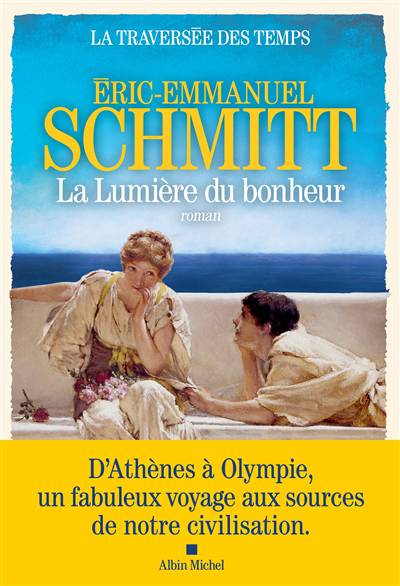
- Retrait gratuit dans votre magasin Club
- 7.000.000 titres dans notre catalogue
- Payer en toute sécurité
- Toujours un magasin près de chez vous
- Retrait gratuit dans votre magasin Club
- 7.000.000 titres dans notre catalogue
- Payer en toute sécurité
- Toujours un magasin près de chez vous
Description
Jennifer Wunder makes a strong case for the importance of hermeticism and the secret societies to an understanding of John Keats's poetry and his speculations about religious and philosophical questions. Although secret societies exercised enormous cultural influence during the late eighteenth and early nineteenth centuries, they have received little attention from Romantic scholars. And yet, information about the societies permeated all aspects of Romantic culture. Groups such as the Rosicrucians and the Freemasons fascinated the reading public, and the market was flooded with articles, pamphlets, and books that discussed the societies's goals and hermetic philosophies, debated their influence, and drew on their mythologies for literary inspiration. Wunder recovers the common knowledge about the societies and offers readers a first look at the role they played in the writings of Romantic authors in general and Keats in particular. She argues that Keats was aware of the information available about the secret societies and employed hermetic terminology and imagery associated with these groups throughout his career. As she traces the influence of these secret societies on Keats's poetry and letters, she offers readers a new perspective not only on Keats's writings but also on scholarship treating his religious and philosophical beliefs. While scholars have tended either to consider Keats's aesthetic and religious speculations on their own terms or to adopt a more historical approach that rejects an emphasis on the spiritual for a materialist interpretation, Wunder offers us a middle way. Restoring Keats to a milieu characterized by simultaneously worldly and mythological propensities, she helps to explain if not fully reconcile the insights of both camps.
Spécifications
Parties prenantes
- Auteur(s) :
- Editeur:
Contenu
- Nombre de pages :
- 214
- Langue:
- Anglais
- Collection :
Caractéristiques
- EAN:
- 9780754661863
- Date de parution :
- 08-05-08
- Format:
- Livre relié
- Format numérique:
- Genaaid
- Dimensions :
- 156 mm x 234 mm
- Poids :
- 480 g







